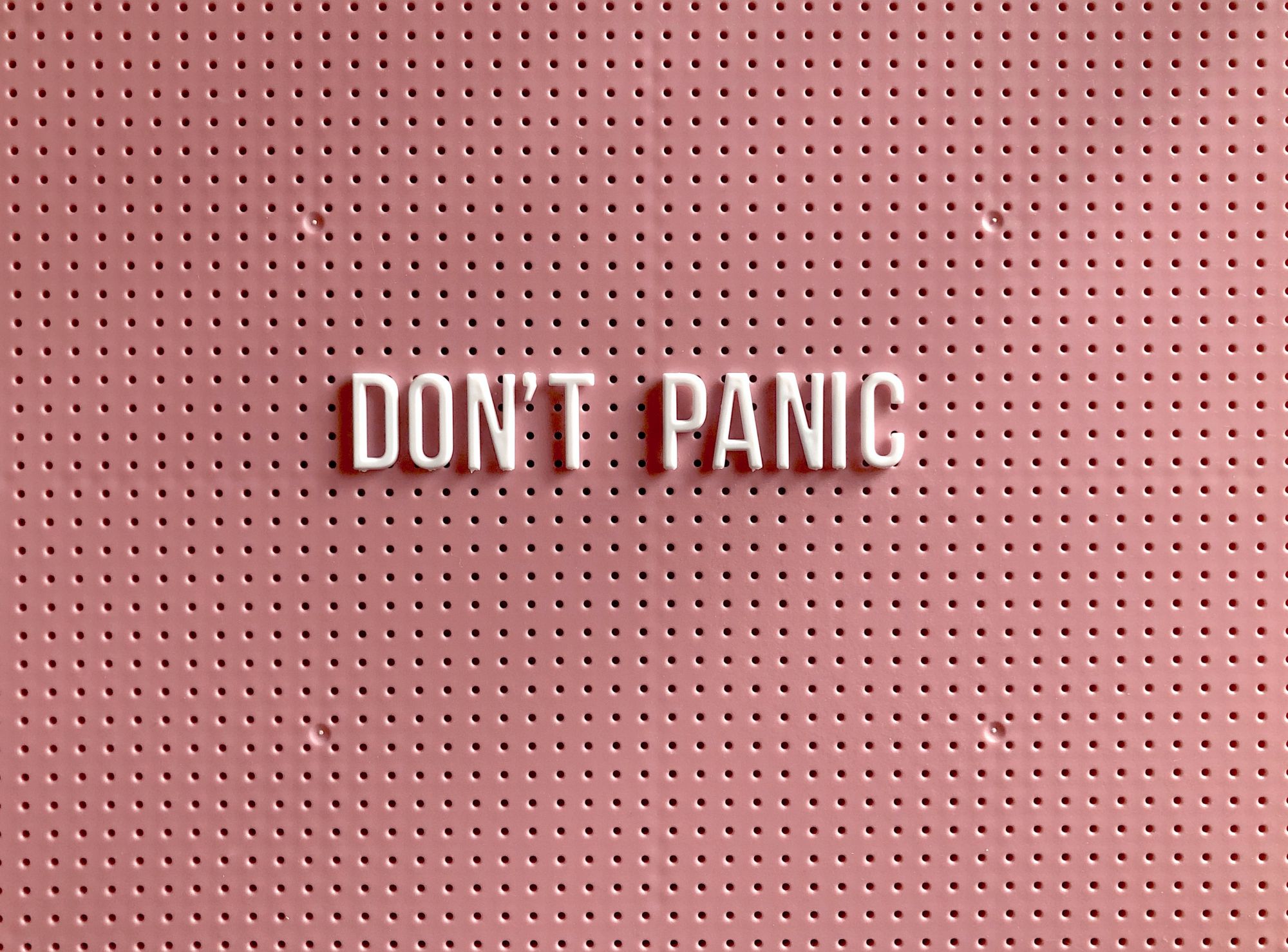As a parent, every heart was broken and ached for the loss of the child at River Valley High School in Singapore. Statistics show rising rates of mental health issues in young people, so we can no longer assume it won’t happen in our community. We need to be prepared to help, support and encourage our youth, parents and educators to remove the stigma associated with mental health issues
In a normal world, without Covid-19, being a young person can be tough. Hormonal changes, peer pressure, social media, and workload can snap even the most emotionally resilient student. Now with the additional challenges that the pandemic has brought upon us, students have an even harder time venting, finding support and getting the help they need. As parents, we have more on our plate, and that limits our ability to always be the best for our children. From Covid-19 restrictions to coping with working from home arrangements and top that all off with the Asian mentality of brushing things under the carpet without prioritising mental health—we can all be stretched to breaking points.
I am sure parents held their kids a little closer after last week's tragic incident at River Valley High School and made a silent prayer for the grieving parents whose child will never return. But what can we learn and what can we do to prevent this from ever happening again?
See also: Mental Health Check: How to Recognise Toxic Positivity

Break the Stigma
I think the first thing we need to do for our community is to smash and break all stigma associated with mental health. In our Asian context, we believe people who need psychologists, counsellors or therapists are dealing with first world problems and perhaps don’t have the grit and capability to deal with their issues. We believe in putting our heads down and carrying on. We don’t want to give light to our issues, and to speak about them is weak. Yet, we are all suffering, in some way or another. It could be anything: a crumbling marriage, family stress, health or financial worries, a difficult child, or just being alone and away from family. No one is smooth sailing through life on a bed of roses. We need to remind ourselves of that.
We need to know strength is dealing with all things hard and challenging and having tools and solutions to combat them and stand back up again. Sometimes we have the tools, and other times, we need help. We need to speak to others who can provide us with advice, a listening ear, or a safety net so we can fall. It breaks my heart knowing educators are trained to provide help to students, and that a multitude of professional help exists, but we still timidly skirt our issues and don’t accept our shortcomings before it’s too late. Asking for help is not weak; talking and expressing ourselves is brave.
See also: Wake Up An Hour Earlier to Improve Your Mental Health, Says New Study


